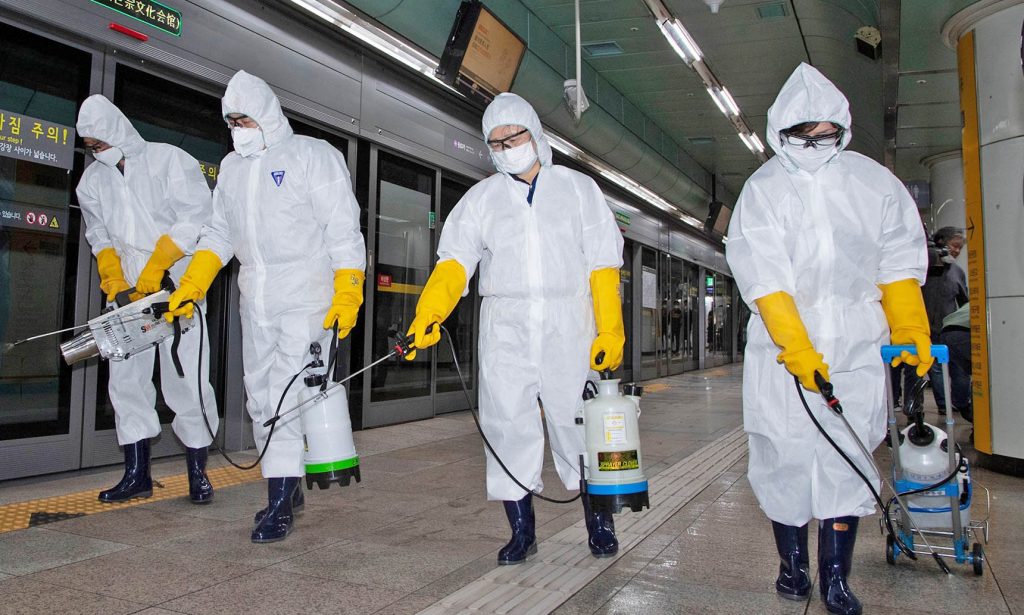A month ago, a plethora of articles filled almost every newspaper, arguing the coronavirus (now Covid-19) was being exaggerated. A month on and the writers responsible for those articles are likely wishing they could retract them.
If we had expectations of what Covid-19 might become, for many of us, those expectations have been surpassed. The evidence is before us. We are right to be concerned. But as Covid-19 has spread from country to country, the perception of the virus has mutated into something that looks more like a monster, and our perception of risk has mutated with it.
This is not unusual. As humans we often personify diseases, believing this conceptualization increases our desire to “beat it”. However, when patients supposedly “lose their battle with cancer”, grief is compounded by a false sense of failure. And with a false sense of having lost a battle, our perception of risk changes also.
Covid-19 is not evil. It replicates and spreads because that is the sole function of a virus.
Its DNA is coded to invade other cells and reproduce, just as our DNA is coded to fight it. The virus does not function as a killer. In fact, quite the opposite, for without a living host a virus cannot replicate and grow. If the virus did possess intent, then it would be trying to keep its host alive. The spread of the virus is not unstoppable. It is making people sick because their systems have not had a chance to work out a means of defense. But just as doctors and researchers are working tirelessly, so too are our bodies. With very little appreciation, our biological systems are trying to counter the effects of the virus, even as we lay in hospital beds.
Humans, we should remember, have in-built defense mechanisms that are always adjusting to new threats. Those mechanisms are belligerent and succeed more than they fail. The virus is not inscrutable. Scientists are not fighting the virus; they are trying to understand it. We can feel confident in their efforts because of advanced research capability, but mostly because research scientists are the most determined, or rather obsessed people in the world.
They are a wonderful and strange breed, who, even when under-funded and under-paid, never give up. If you have spent time in a lab, you will know what I mean. Significantly the virus is not, for the greater majority, virulent enough to overwhelm healthy immune systems; particularly, immune systems that are not already preoccupied with dealing with other diseases or conditions. The virus may yet be declared a pandemic. No-one, regardless of their expertise or modeling structures, can say for sure whether this will occur or not. Not only from day to day, but from hour to hour indicators used for predictions can change.
Numbers and statistics alone cannot determine the full extent, resilience, and longevity of the virus. Of course, one death is a tragedy and thousands of deaths have caused monumental grief, made more hideous by the fact that these deaths were unnecessary. Although I do not believe this virus was engineered by man, it was released into the human population by an unwritten sanction that endorsed wildlife farming and consumption.
Nevertheless, the virus is not political. Not only politicians but medical experts have weighed into political fights that need not be fought, at least not for now. Rather than constructing a list of complaints and criticisms against local authorities and leaders, others are sending advice to where it can do the most good.
Source: The Korea Times(By Amanda Price)
